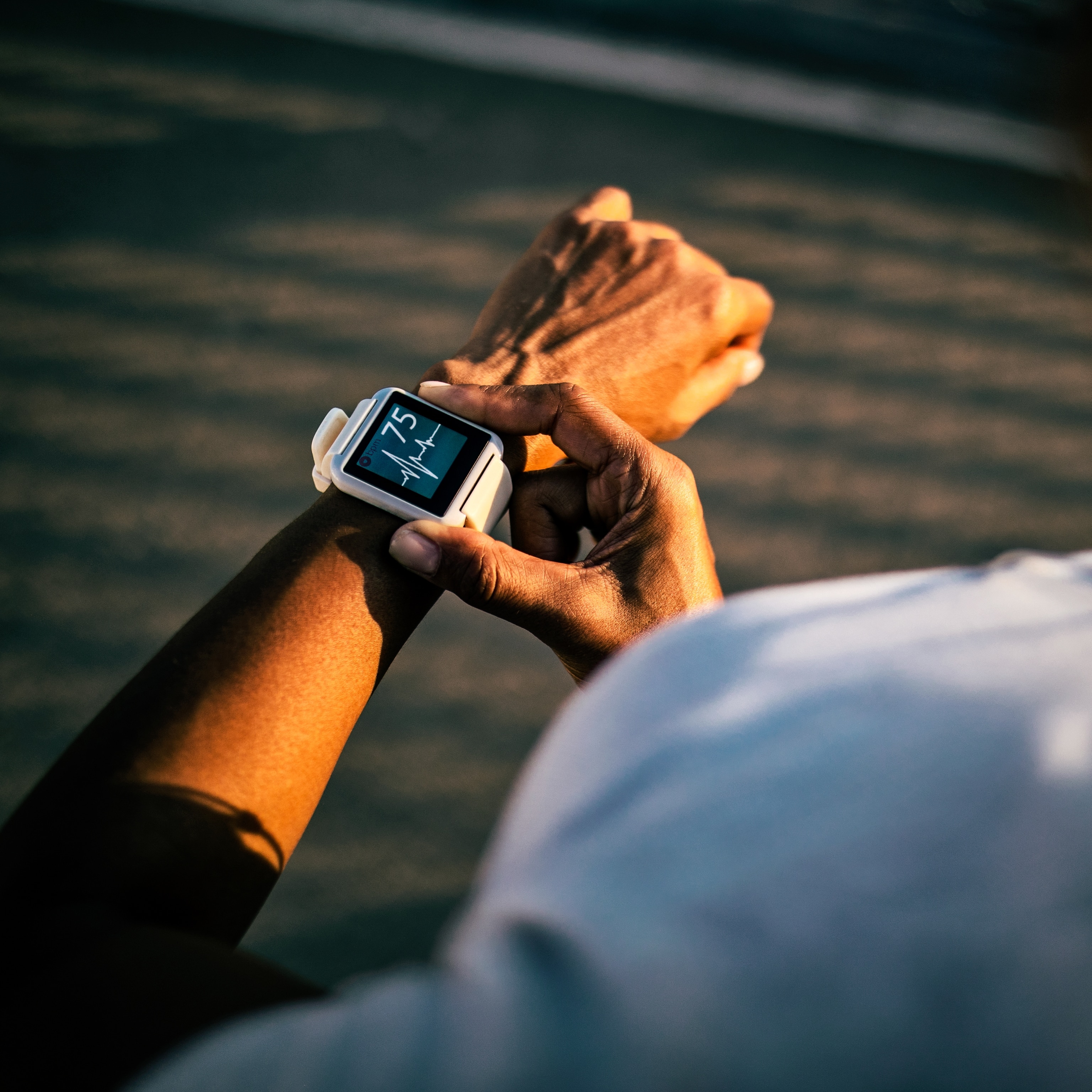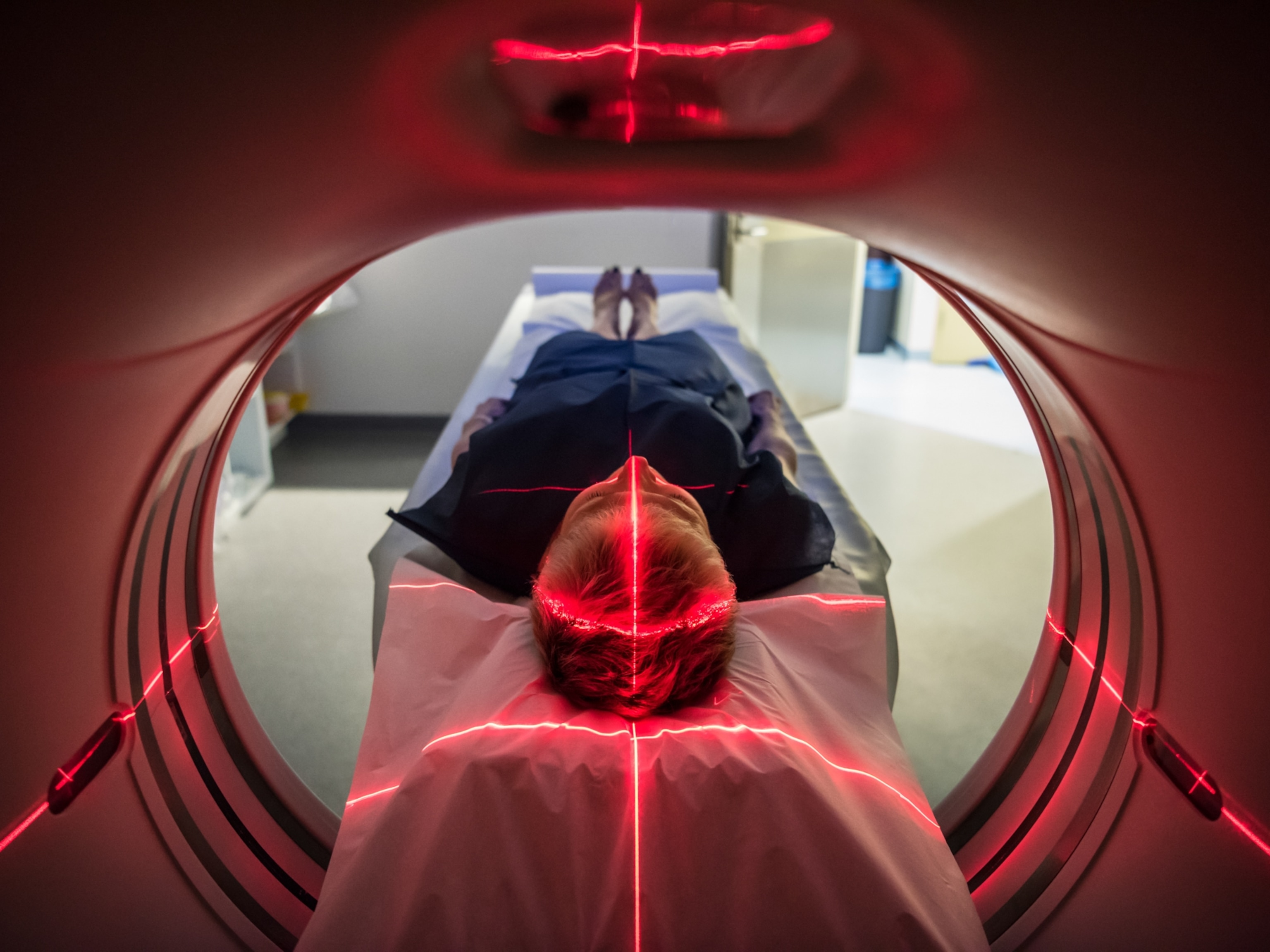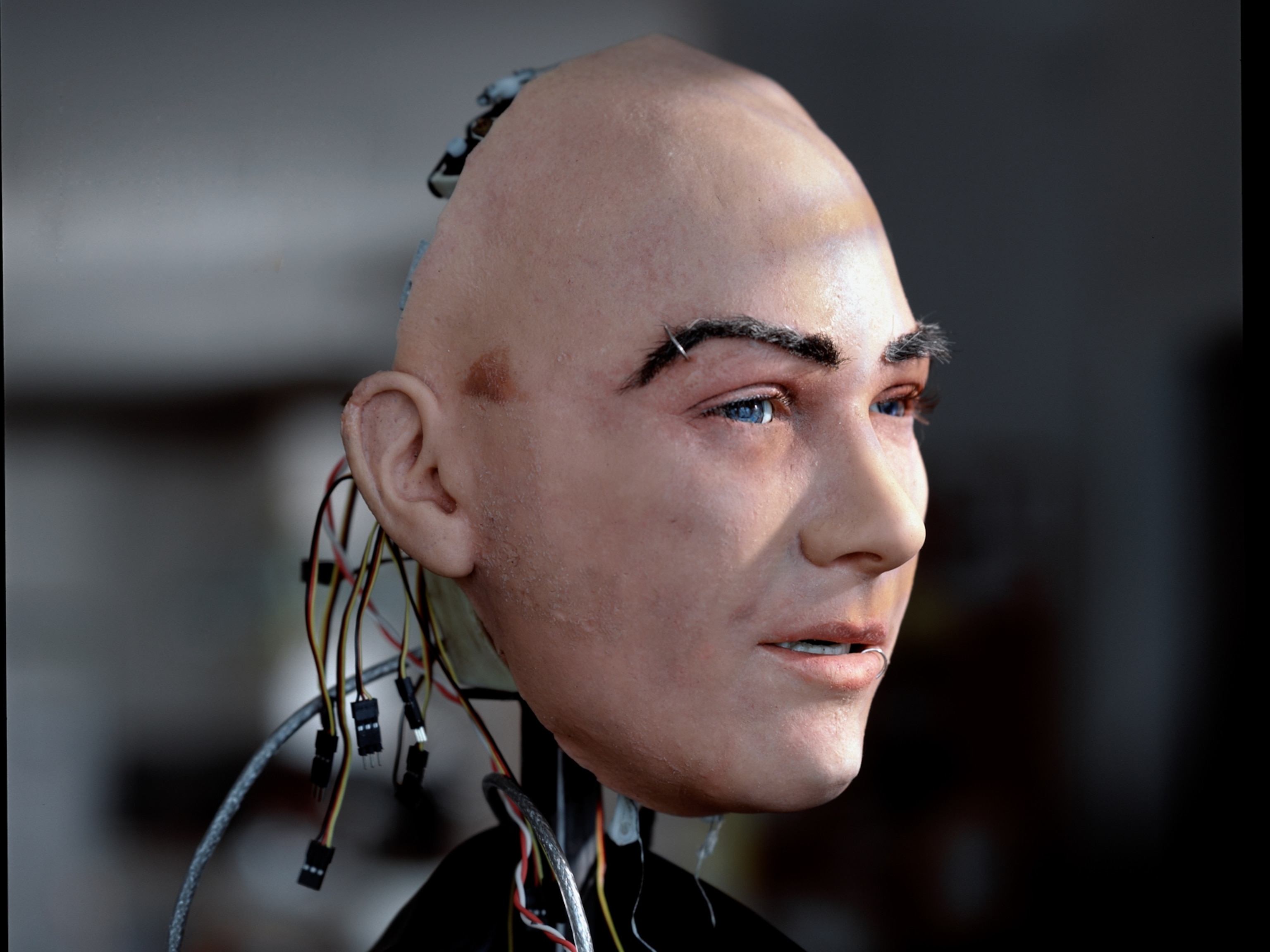
How is your location data really tracked? You’d be surprised.
In the digital space, online privacy tends to resemble more of a privilege than a right.
Whether you’re someone who’s chronically online or more of a modern luddite, the reality is that data on where you eat, sleep, shop, and hangout is up for grabs.
We now carry tiny computers with us everywhere we go, and nearly all of them collect and share massive amounts of personal information, including location data, with private companies who can sell it.
“Tracking devices are capable of amazing things, allowing us to connect with anybody in the world [and] access information like never before,” says Kade Crockford, the director of the Technology for Liberty Program at the ACLU of Massachusetts. “But they also allow corporations and governments to keep track of our every move and even every thought that we have like never before.“
Why it’s hard to say no to location tracking tech
For certain people, tracking technologies grant them peace of mind. Many use location-sharing apps to communicate their whereabouts with friends and family. Devices like Apple AirTags or Samsung SmartTags have been conscripted into parents' battle to track their younger children and even frequent flyers tend to tag their belongings in case of mislaid luggage. And of course, geotagging makes a great companion to social media posts by placing users at any given hot destination.
Convenience is another huge benefit. Navigation apps like Google Maps crowdsource real-time location data to collect information about road conditions in the area, presumingly allowing drivers to make better-informed choices about their travel and creating individualized search results for places users might like to visit.
Similar tracking software can be found in weather apps and navigation programs like Apple Maps, which use device sensors to collect data like GPS coordinates and Bluetooth information to function.
Even car insurance companies have started to track vehicle diagnostics to predict a customer’s risk, altering premiums or offering discounts based on information like how much they accelerate or brake.
Encroachment on personal data can feel more palatable when consumers are getting more customized products and services out of it too.
Yet Alessandro Acquisti, a professor of information technology and public policy at Carnegie Mellon University's Heinz College, says that on an economic level, who benefits the most from personalized online experiences isn’t so clear-cut. This includes those generated from location data, such as behaviorally targeted ads: For example, if you frequently find yourself in cafes, you might see ads for coffee products or for other stores located nearby.
“Advertising intermediaries can strategically use the amount of information they collect about consumers in order to benefit mostly themselves… rather than the other players in the ecosystem,” he says. “Tracking, when it comes to advertising, does not appear to be as beneficial to consumers as typically claimed.”
Location tracking you may not be aware of—and who can access the data
Though smartphones, smartwatches, and computers are some of the most obvious culprits, there are many kinds of technologies that we unknowingly share the most confidential parts of our lives with.
Banking apps like Venmo have been found to track your phone’s geodata to help determine fraud and prevent suspicious transactions. Home security systems use location data to enforce a virtual boundary called a geofence, which can help automate certain features like home and away mode when you leave its bounds. Gadgets like cameras at the airport with built-in facial recognition technology have historically raised security concerns that their data could inevitably be used against you.
Fragments of your personal life, including website clicks and cookies, credit card purchases, and many other kinds of trackers can also contribute to the creation of your unique digital diary.
“When you think of these data points individually, it doesn't actually seem that intrusive,” says Sandra Matz-Cerf, a computational social scientist at Columbia Business School who uses Big Data to study the relationship between the online environment and human behavior. “If you combine the data traces, you get a pretty accurate sense of who that person is on a much more intimate level.”
At any given time, this data is also sold to the highest bidder. Sensitive data can be distributed from data brokers, to foreign governments, law enforcement, and employers.
“It’s I think impossible for one person to really have a concept of even how much their own data is spread around the world,” says security and privacy activist Thorin Klosowski, who works for the Electronic Frontier Foundation, a non-profit that aims to defend digital privacy and free speech.
In the wrong hands, bad actors can weaponize location data to find and harm potential victims. Domestic abusers have been known to use tracking tech to find and intimidate their victims, while scammers and hackers can use more detailed online information and geolocation data to create targeted phishing scams or obtain stolen identities.
Alternatively, authorities often use location and search history data to aid in police investigations, and until recently, used it to procure warrants for users who might have been in a specific area. Further large-scale invasions of privacy are also likely to prevent people from seeking abortions, paving the way for their livelihoods as well as their mental health to be put in danger down the road.
Championing privacy restrictions
“If you really wanted to take full control over your data, it would be a 24/7 job,” says Matz-Cerf. “I think it's just like a job that we're not equipped to do, both because we don't fully understand the implications and because nobody has the time.”
Last year, to help prohibit the sale and trade of phone location data in their state, ACLU of Massachusetts launched a campaign called Your Location: It’s None of Their Business. It supports the creation of a bill that, if passed, would require companies to obtain consent before collecting or processing that cellphone location data. Though such a law wouldn’t stop people from accessing essential services like Google Maps, it would prevent companies from selling that data on the open market, says Crockford.
“This is about essentially basic protections to ensure that technology advances human creativity, productivity, exploration, connection, communication, and does so without imperiling our privacy, our bodily autonomy, our ability, frankly, to control our own lives,” says Crockford.
For those wanting to do more to protect themselves on a smaller scale from data breaches of their own location data, Klosowski suggests that people disable their ad id, get familiar with their phone’s privacy settings, and learn more about which apps are accessing that data.
“The need for privacy seems to be some universal feature of the human brain,” Acquisti says. “Even in [the] face of these ever encroaching technologies of surveillance, human beings will still attempt to carve out private spaces within this environment of monitoring.”








